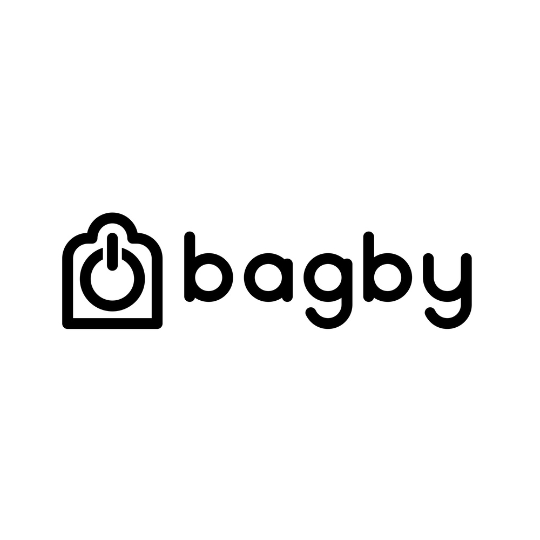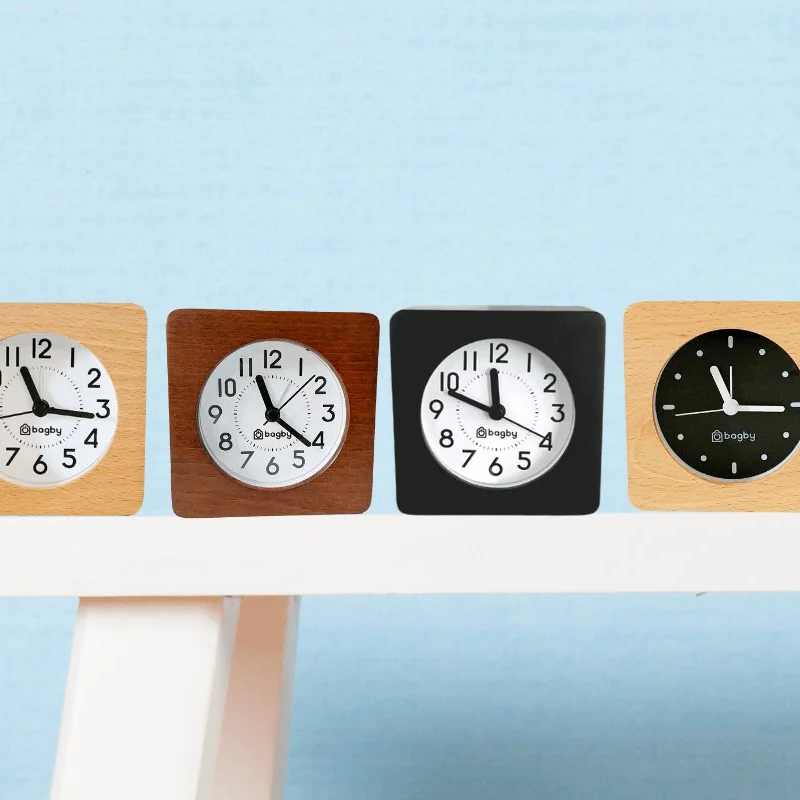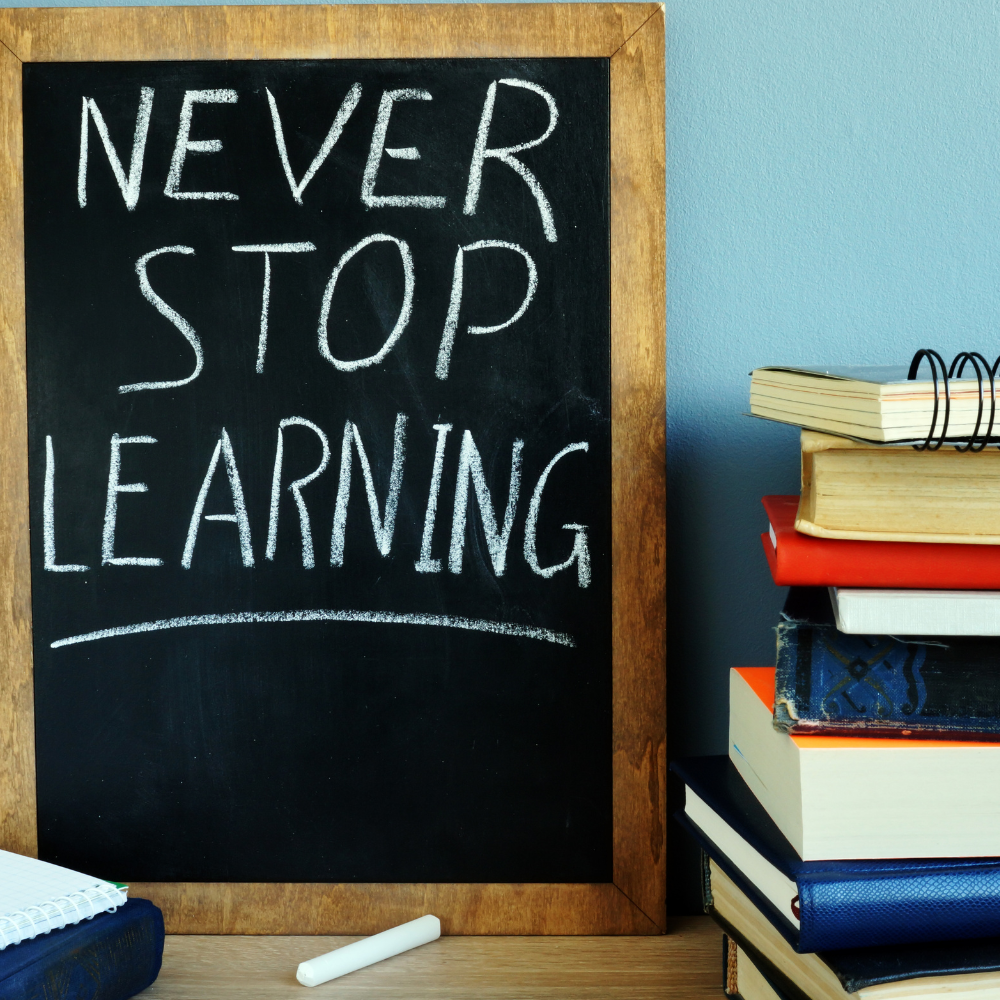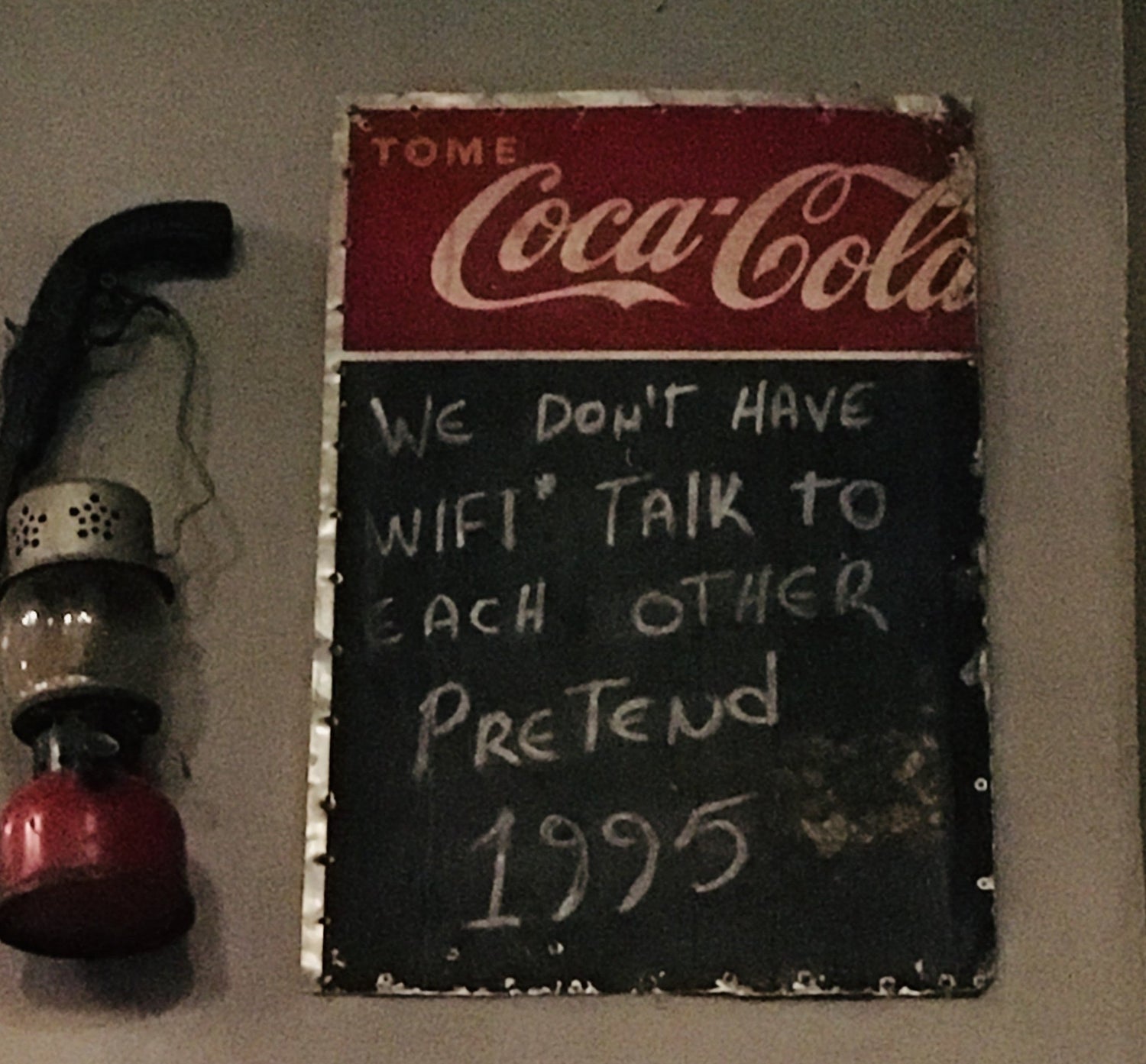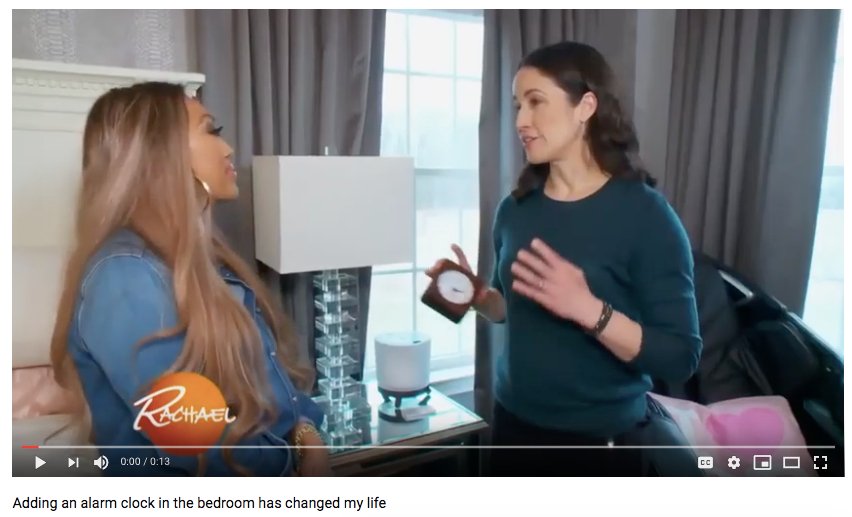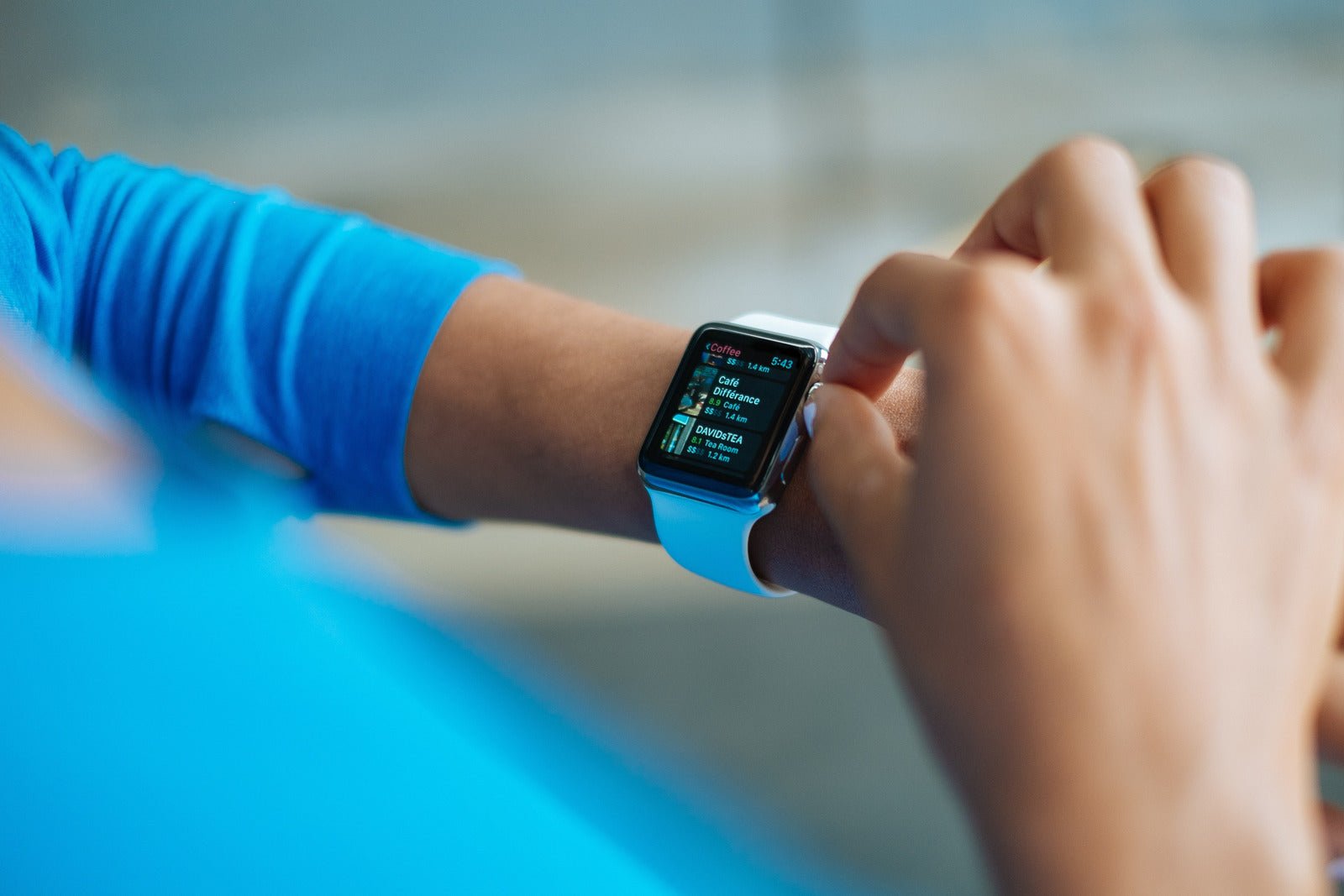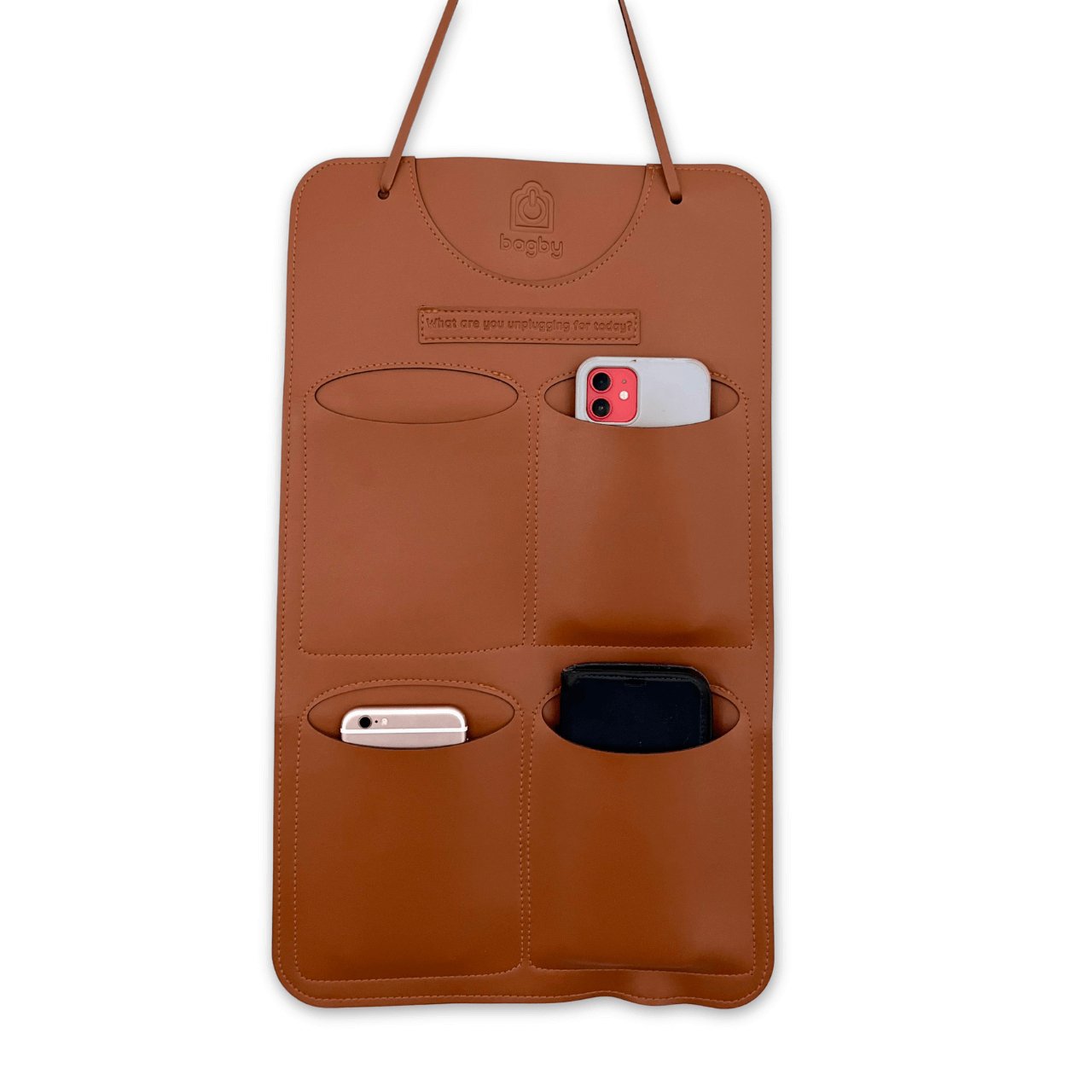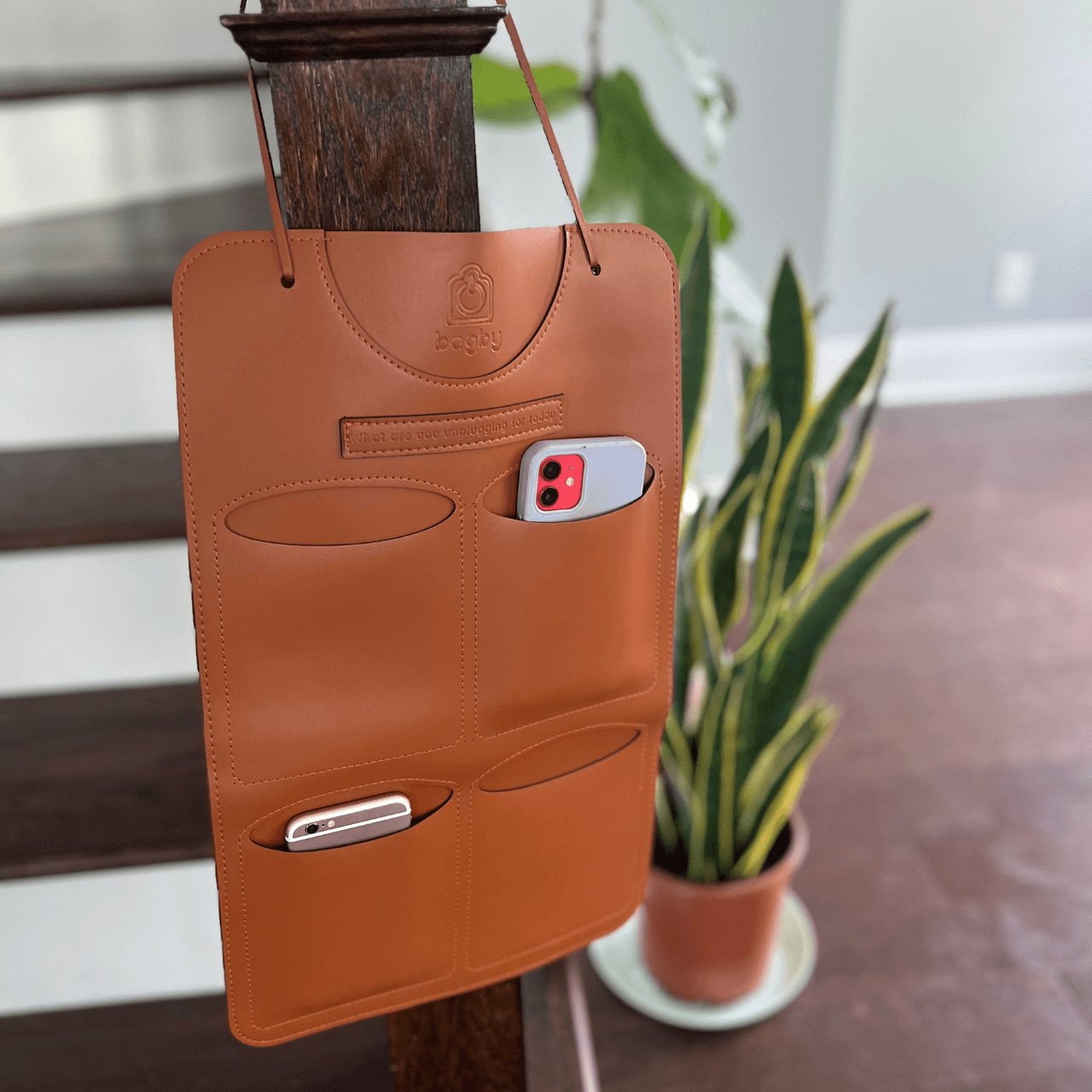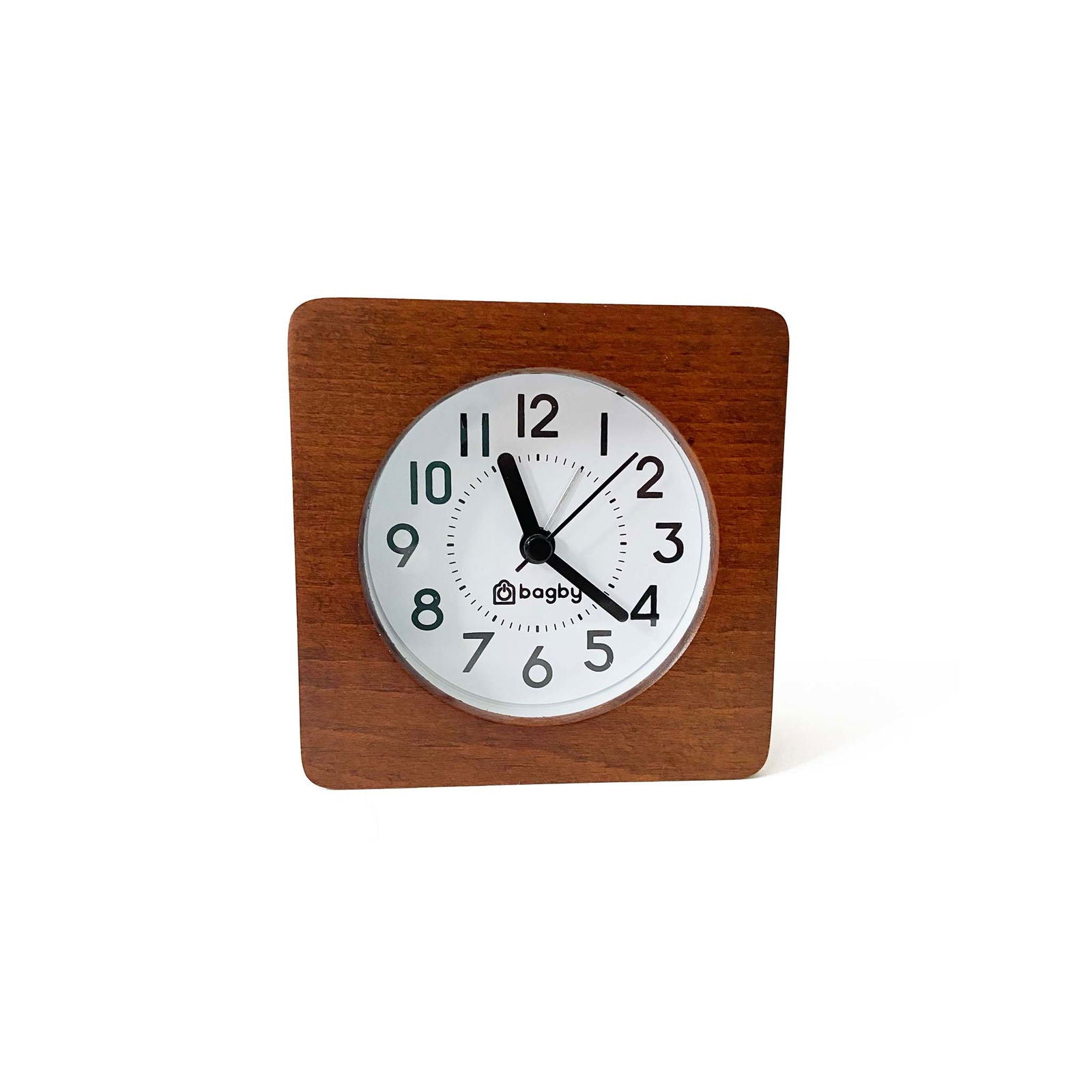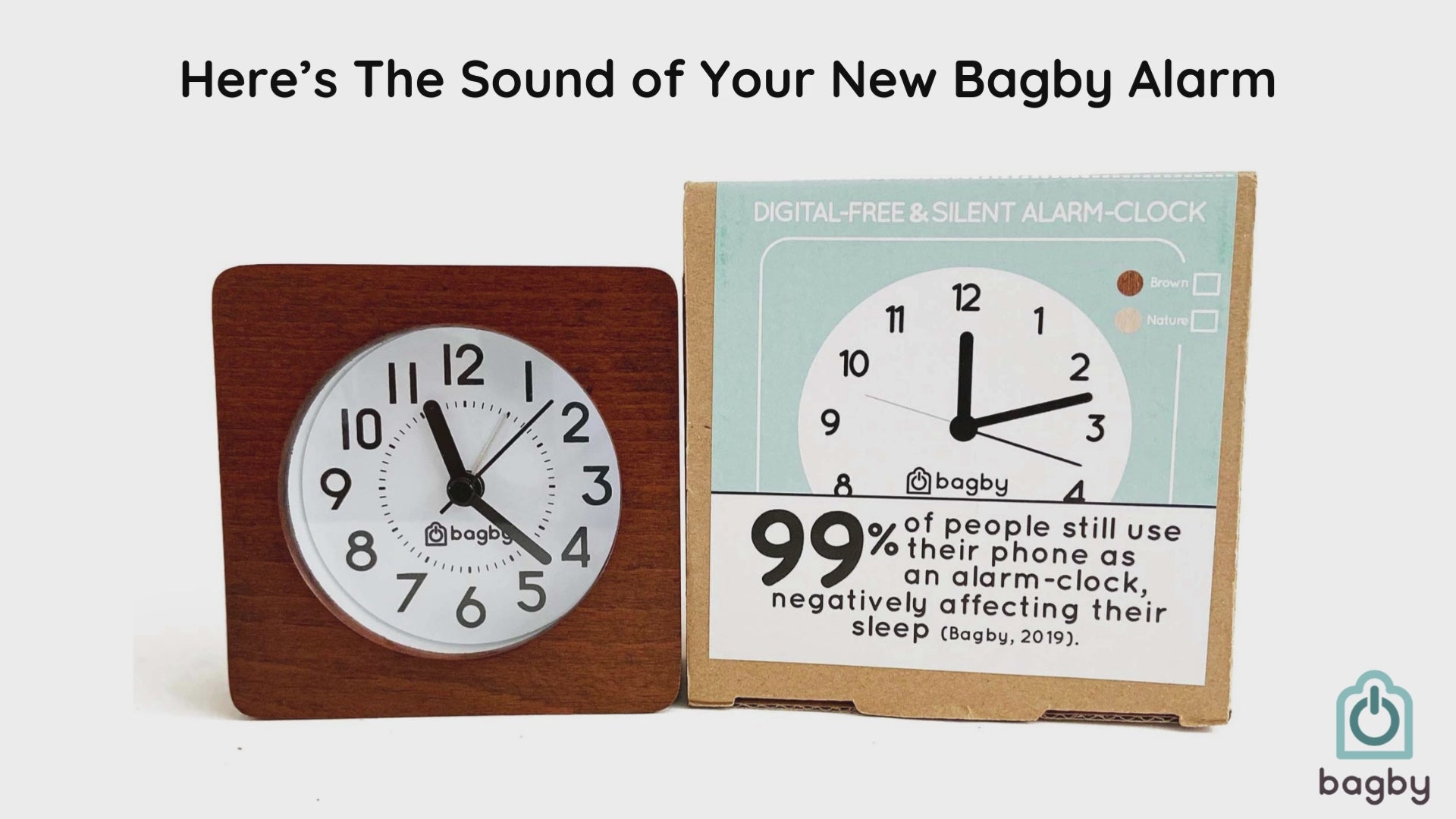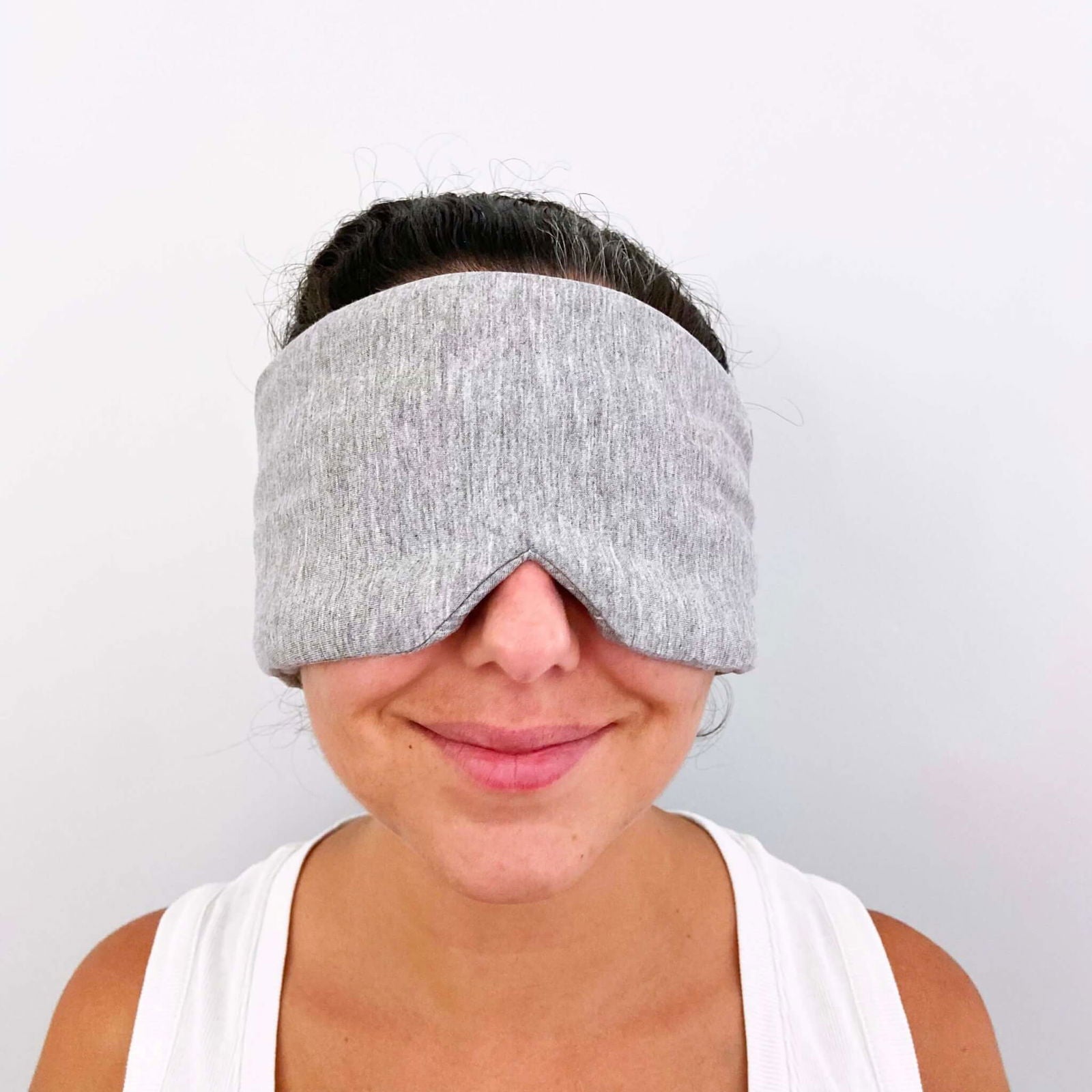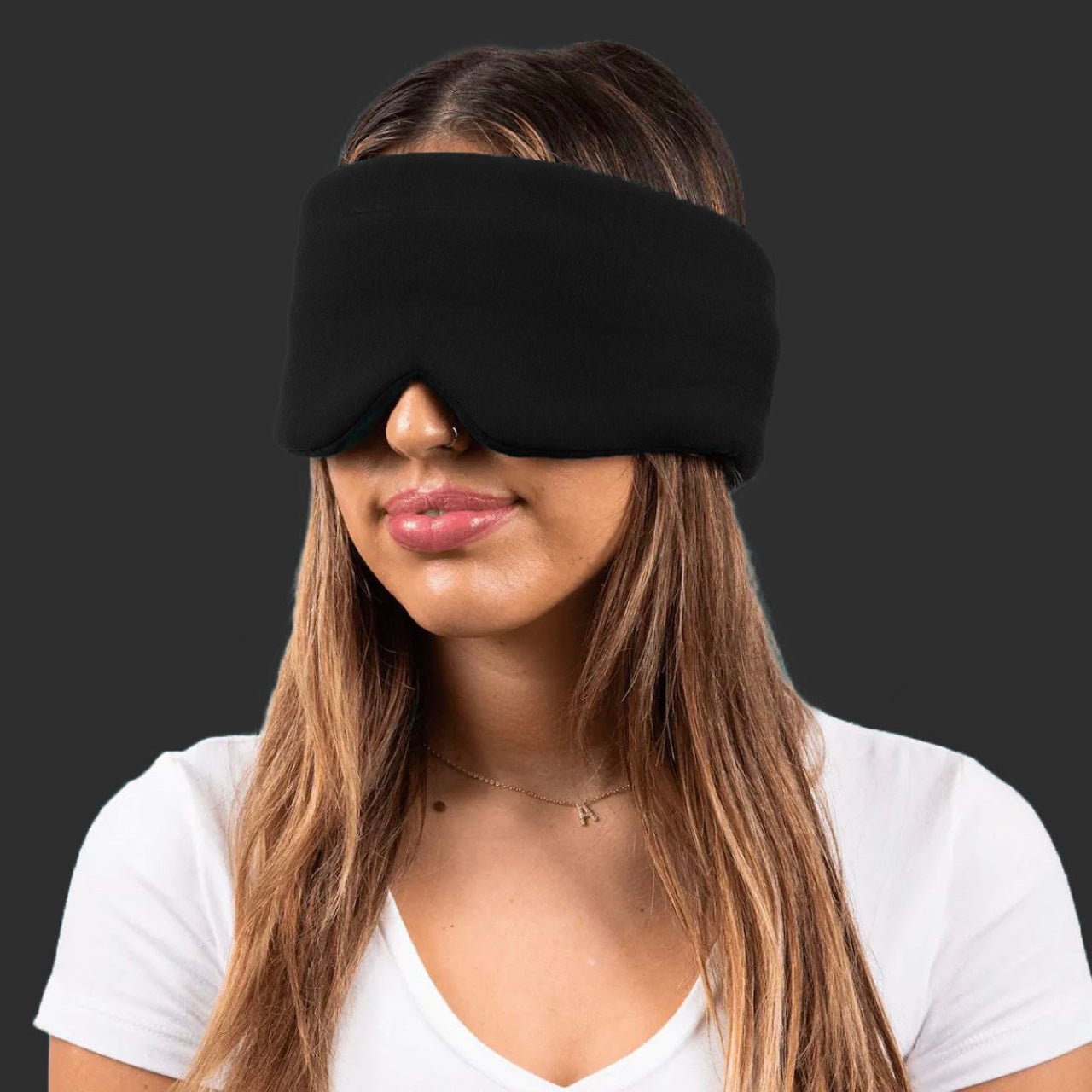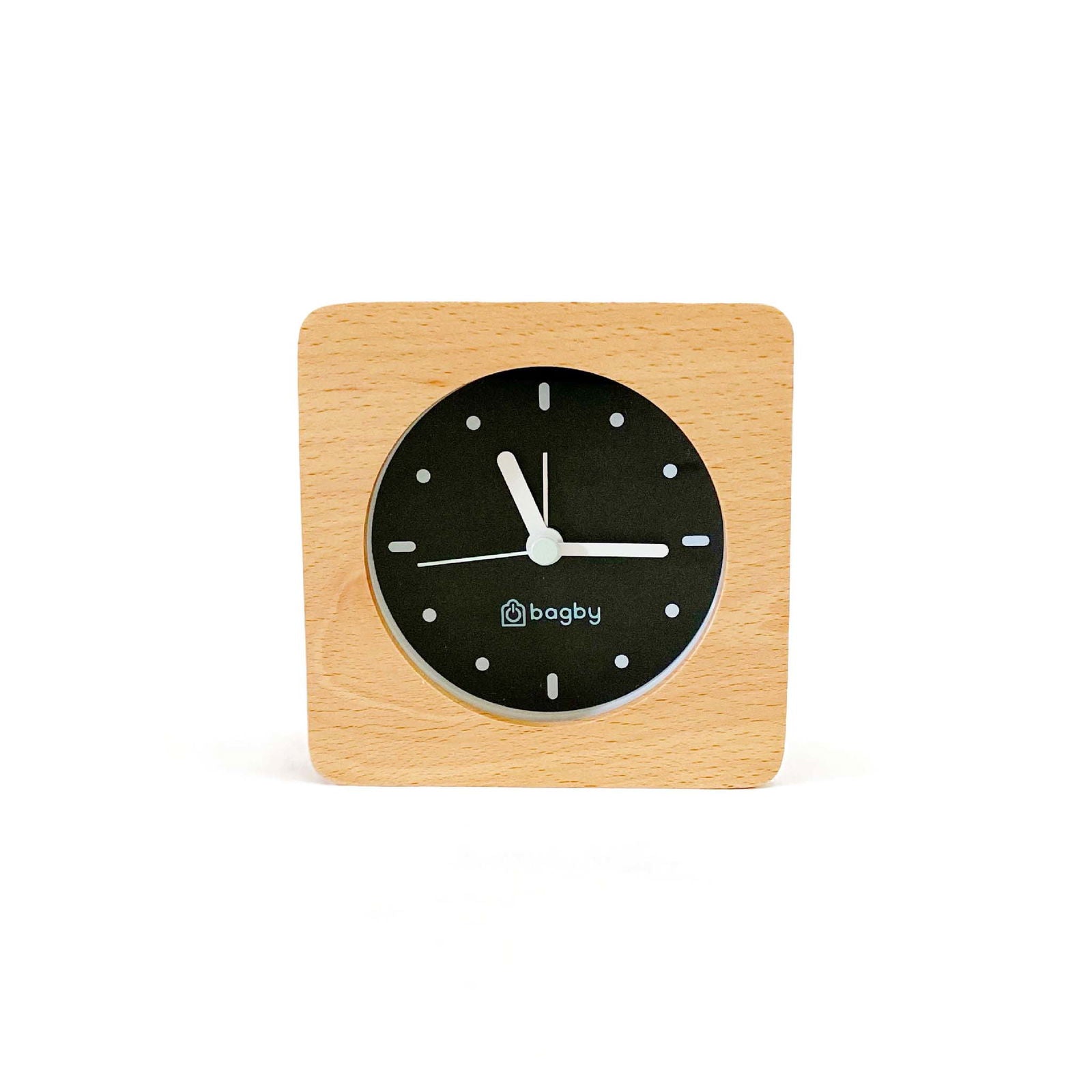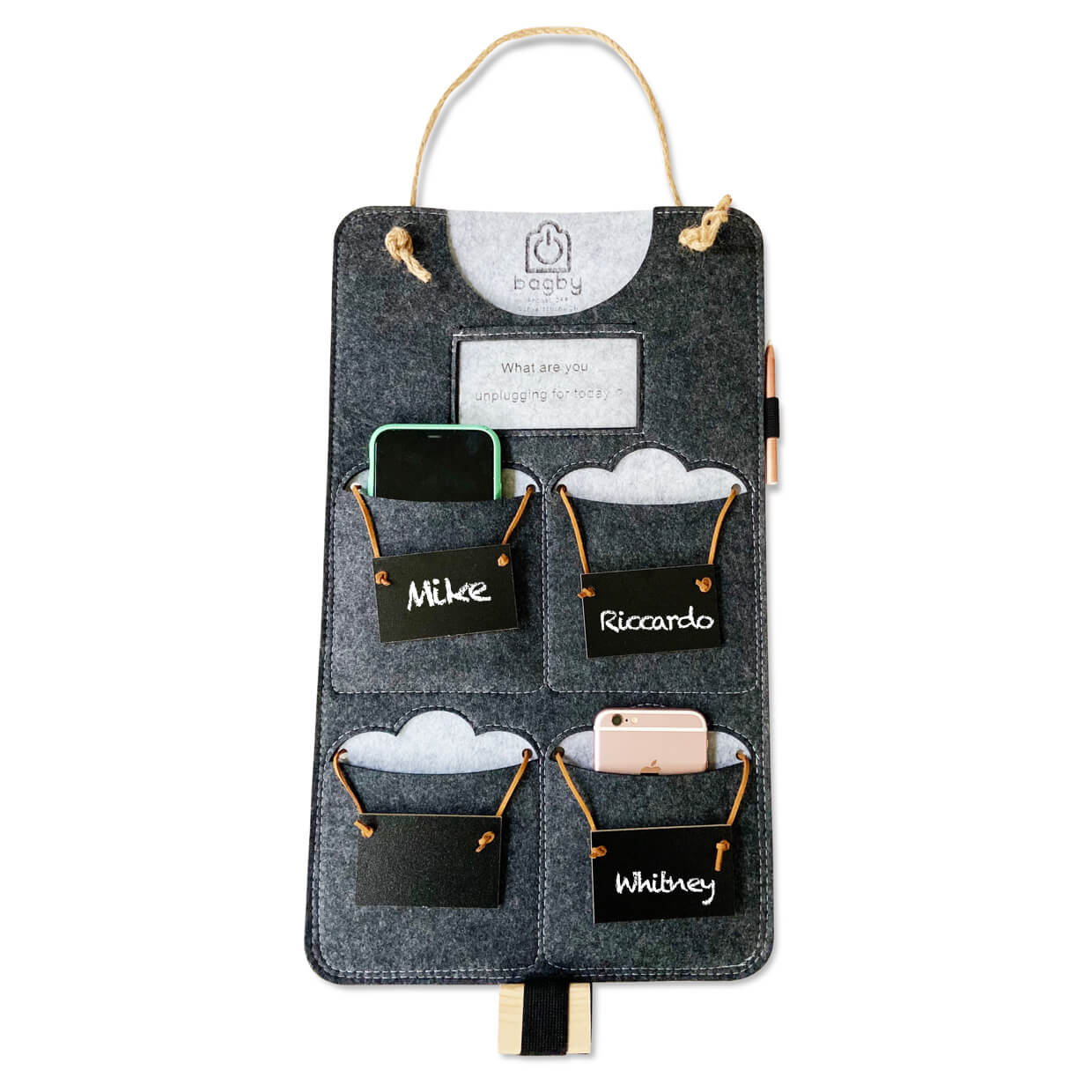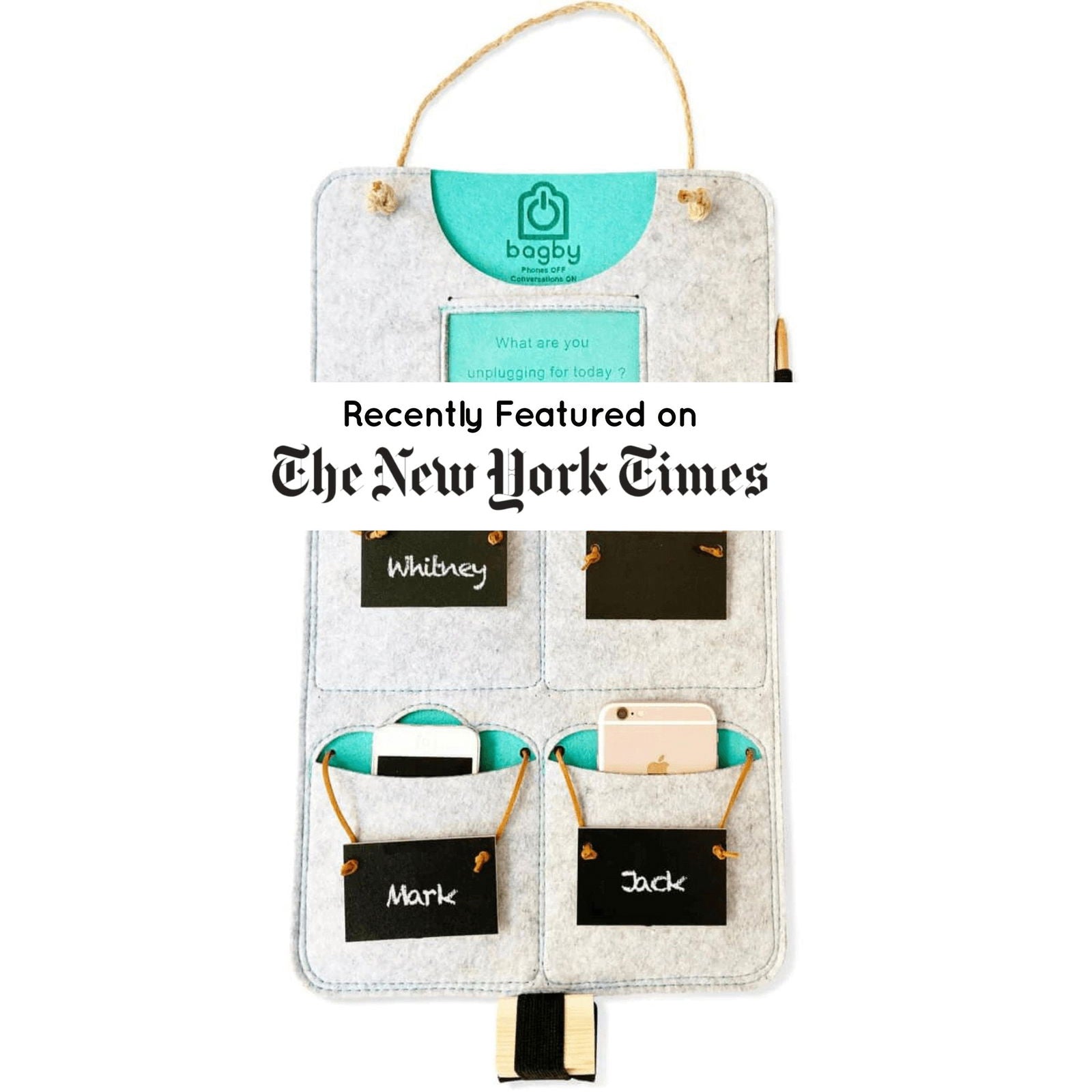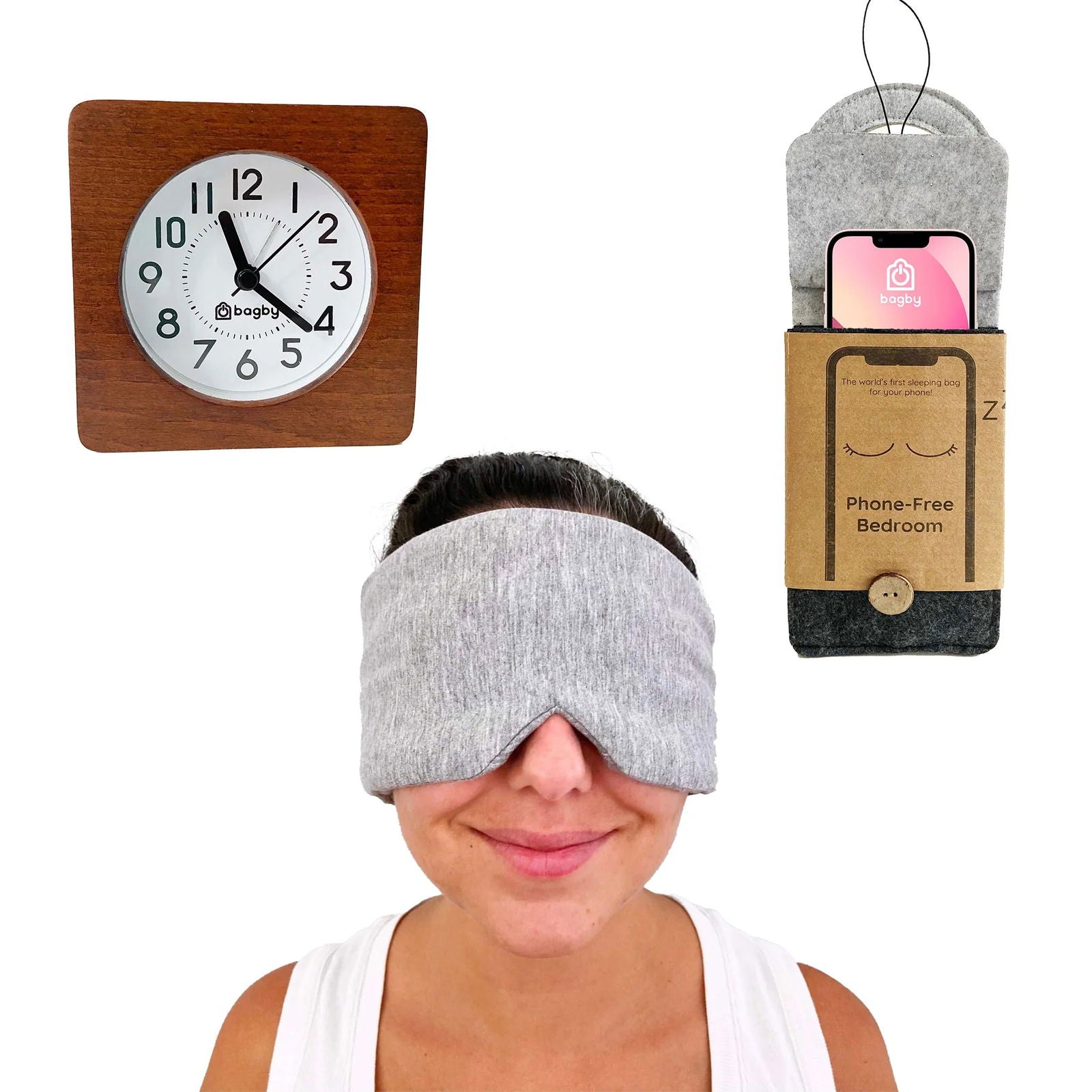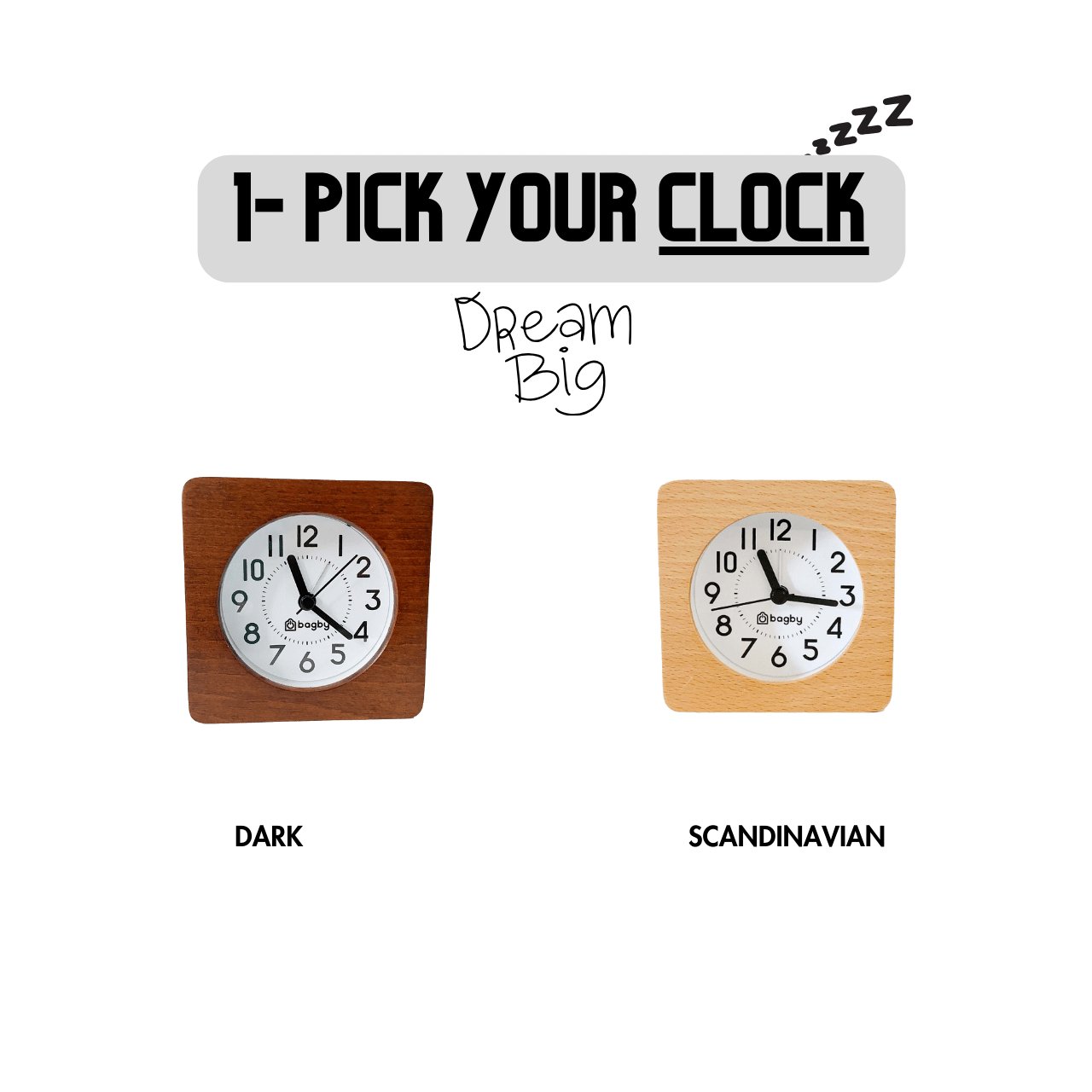Author: Allison D. Steinmetz
Every now and then in life we are given a great gift – the gift of an experience that profoundly changes us. Cuba has had this effect on me and to say I am overwhelmed by my recent journey in the best of ways is an understatement.
I spent a week in Cuba on a yoga and educational retreat through Women's Room based out of Burlington, Vermont, at Mhai Yoga. Cuba is vibrant, bustling, and full of industry just like here in the US, but there are vast cultural differences. Among them, the Internet is much harder to come by. This can create a fair amount of discomfort for a well-connected 21st century professional, and I’m not alone. I recently read a blog post that referenced that people are afraid to travel to Cuba because Internet access is not as readily available as it is here. We have reached a point in which we are actually afraid to live our lives without the crutch of our devices.

On my first night in Havana, I experienced the true uneasiness that accompanies being phone free. A couple of other retreat ladies were on the same Air China flight as I was. Before we all left the safety of Vermont, we decided to meet up for dinner on our first night in Havana. None of us knew where we were going, but we had picked out a place in advance. The three gals and I shared a cab into downtown, instructing our cab driver to our three separate Airbnbs in broken Spanish, with only our little notebooks with scrawled addresses and a prayer. It all felt so antiquated. There we were in a brand new city, with little to no command of the Spanish language, and no Internet at our fingertips to help us out. As each of us left the cab one by one, we just had to trust that somehow we'd each make it back to one another safe and sound. But then there it was...Fear. Was it irrational? Maybe. But it sure felt real.
I met up with the retreat leader and we made it to the restaurant first. She was waiting in our Airbnb watching out the window and called my name. I don't know that I ever would have found her behind what looked like a trick door in the middle of a large wall of many similar doors if it wasn’t for that. I was worried about the others. I kept imagining the worst. The retreat leader reminded me that we used to all survive without phones, and that when you made a plan to meet someone somewhere, even if they didn't show up on time, you simply stayed…and waited. So that's exactly what we did. The minutes felt like hours. Half an hour ticked by before plane friend number one showed up, and then it was another twenty minutes before we were all reunited. Relief washed over me and it was then that I realized how intense my fear had become based on my reliance on modern technology. I was fearful of not being in the know.
Finally, my eyes drifted to take in the scene around me. On the street outside the window were umbrellas hanging in the open air, twinkling with lights. Inside the restaurant, I noticed an old fashioned Coca-Cola branded chalkboard with this message in bold, white chalk: “WE DON'T HAVE WIFI. TALK TO EACH OTHER. PRETEND 1995.”

I laughed. We had made it. And we had made it without the Internet. This was the beginning of a big adventure, and it would be about connecting with other humans, not with our phones.
So, are the Cuban people addicted to their phones like we are? Yes, sure they are. They have Facebook, they have Instagram, they like to take pretty pictures of themselves and post them with filters too.
The difference though is that their “addiction” is forced to be in check. They don't take their Internet access for granted. For most people, having mobile Internet on their smart phone is cost prohibitive (if they even have a smart phone at all), so they access Wi-Fi in Wi-Fi parks, hotels, or airports. To connect to Wi-Fi in Cuba, you need to buy a Wi-Fi card, valid for 30 days after first use, or until the time runs out (often an hour or a few hours per card). Permanent, rechargeable access cards do exist for residents over the age of 18 who meet certain criteria. (Source: ETECSA) Wi-Fi cards are available in some public places, and there are literally people who stand in Wi-Fi parks looking for people with their phones out and selling cards in exchange for quick cash.
According to ETECSA, the Empresa de Telecomunicaciones de Cuba S.A. (the Telecommunications Company of Cuba that regulates the internet), there are 956 sites countrywide where Internet is offered. With a population hovering around 11.5 million (as of the 2017 census), and a surface area of over 42,000 miles (not much smaller than the state of New York, close to the size of Pennsylvania), that's not a lot of public Wi-Fi access.
Shocking, right? The Internet is simply not at the forefront of life there. But you know what? The world keeps turning anyway. And you know what else? It kept on turning for me too.
I used a map for the first time in years. I connected with people face to face. I became comfortable not having the answer to something at my fingertips. I sat with the unknown and felt the freedom of true exploration. I soaked in the moments around me and took more mental pictures than physical ones. I practiced yoga without distraction. I meditated without worrying about what was next. When I sat in the parks in Havana, I watched people and they watched me. There was conversation in person, not through devices. In fact, I don't know that I ever saw a non-tourist with their phone out with any regularity. Children played and laughed, and their parents watched them. It was beautiful.
I began a digital detox process before I left and with the help of Bagby's products, I significantly cut down on my phone time and have a strict phone-free bedroom rule. (Read more about my phone breakup journey here.)
Like a toddler trying to find stable footing for the first time, the transition back to digital life has been a little wobbly. I haven’t come all the way back, and I hope a little piece of Cuba sticks with me forever, but I now realize more than ever that maintaining boundaries with my phone is an important practice to continue for the sake of my overall wellness.
The fear of missing out on something – or getting stuck somewhere without access to immediate answers - can be so strong, and even scary, which I think is why we are so attached to our devices. But the truth is, we create a lot of anxiety for ourselves by forcing ourselves to know everything as it is happening. The Cuban people though go with the flow better than any other people I have ever met, and I think this is in large part due to their ability to live life with less device distraction and more gratitude.
For a country that feels frozen in time in all the ways you'd expect (think old cars and cobblestone streets), I'd wager to say the Cuban people are far more advanced than we are when it comes to genuine human connection, practicing gratitude, and experiencing the world outside of the rectangular box of The Phone. Thanks, Cuba, for sharing this profound lesson with me. I guess it’s okay for life to still be like 1995 sometimes.

